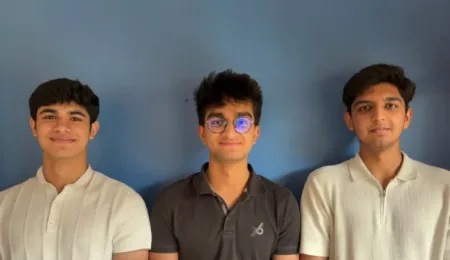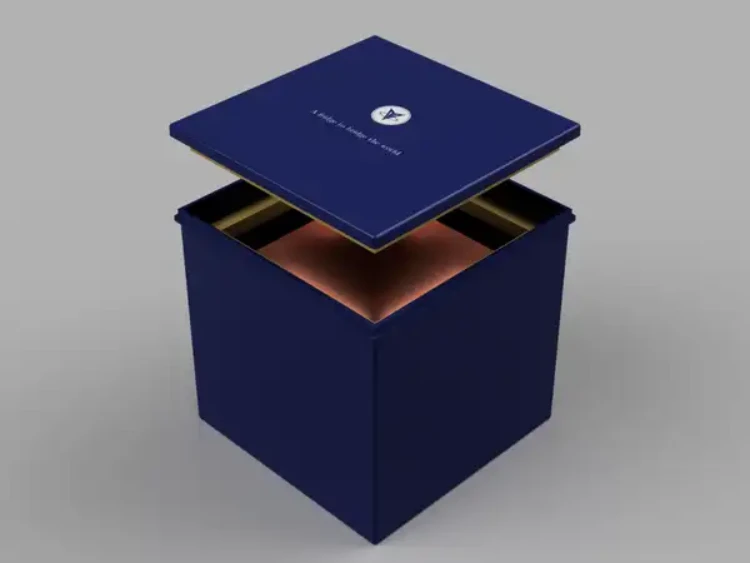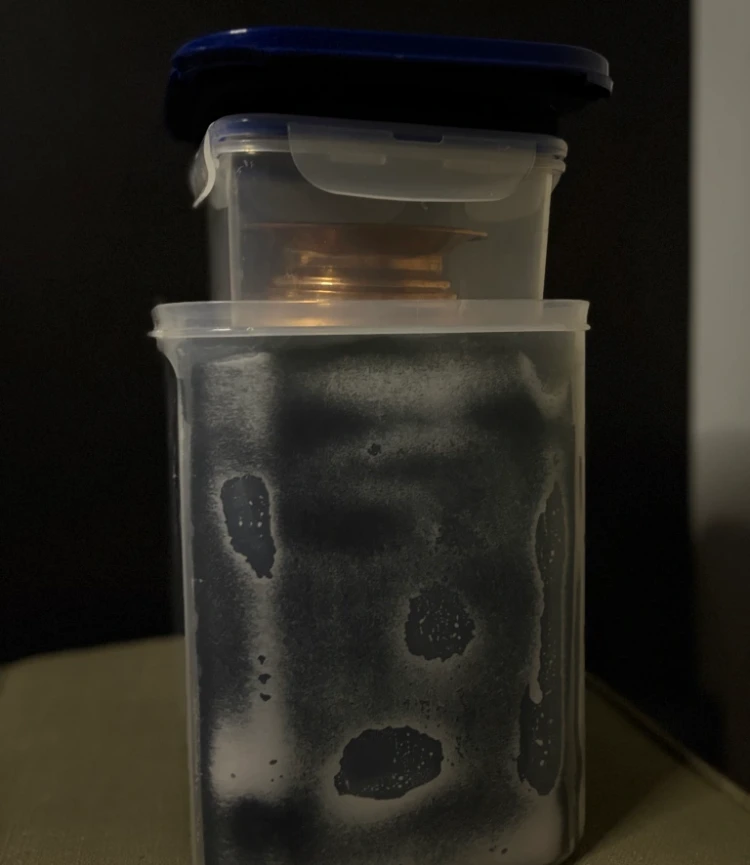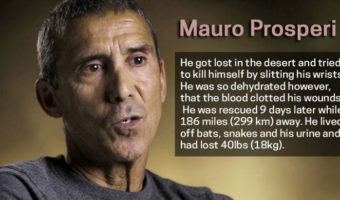Teens Win Earth Prize Asia for Inventing a Salt-Powered Fridge

Three teens from India have developed a portable fridge that runs on salt-based endothermic reactions instead of electricity. Their innovation, Thermavault, has won the Earth Prize 2025, which is worth $12,500.
With barium hydroxide octahydrate, the temperature inside Thermavault can be pushed to below 0°C
Dhruv Chaudhary, Mithran Ladhania, and Mridul Jain, three students at Shishukunj International School in Indore, India, have won the Asia regional Earth Prize 2025 for developing Thermavault, an electricity-free portable refrigerator.
The fridge relies on a salt-based cooling process. When certain salts dissolve in water, they absorb heat from their surroundings, drawing warmth out of the insulated container and chilling its contents.
The Thermavault prototype is essentially an insulated plastic box with a copper-lined interior designed to hold medicines and vaccines. Water mixed with specialized salts fills the space between the plastic shell and the copper lining.
When those salts dissolve, the endothermic reaction pulls heat out of the box, passively lowering the internal temperature. Because Thermavault uses only salt and water for cooling, it needs no compressor or chemical refrigerant.
By adjusting the salt mixture, the students can target different temperatures: for example, ammonium chloride keeps the box at about 2–6 °C, while adding barium hydroxide octahydrate pushes the temperature below 0 °C for freezing conditions.
In their pitch video, shared by Earth Prize, the team highlighted that over a billion people globally lack reliable access to electricity. This inspired them to build a fridge that doesn’t need an outlet.
All three inventors, whose parents work in healthcare, saw firsthand how unreliable power in rural clinics could spoil vaccines. In response, they experimented with dozens of saltwater mixtures in a laboratory.
After extensive testing, they settled on a blend of ammonium chloride (for refrigerator temperatures) and barium hydroxide octahydrate (to reach subzero °C).
The teens plan to use the $12,500 to build 200 units for larger field trials in rural hospitals

Local doctors who tried the prototype at an Indore hospital reported that Thermavault kept vaccines cold for 10–12 hours under real-world conditions.
Building on that success, the team is now preparing around 200 units for larger trials in over 100 rural hospitals. They say the $12,500 prize money will help with further prototyping and certification.
In particular, the students plan to pursue World Health Organization quality and safety approval so they can pitch Thermavault to international vaccine alliances like Gavi.
By refining the design and scaling up production, the Thermavault team hopes to make a portable cooling solution available for vaccines, medicines, and even organs in power-poor settings.
























